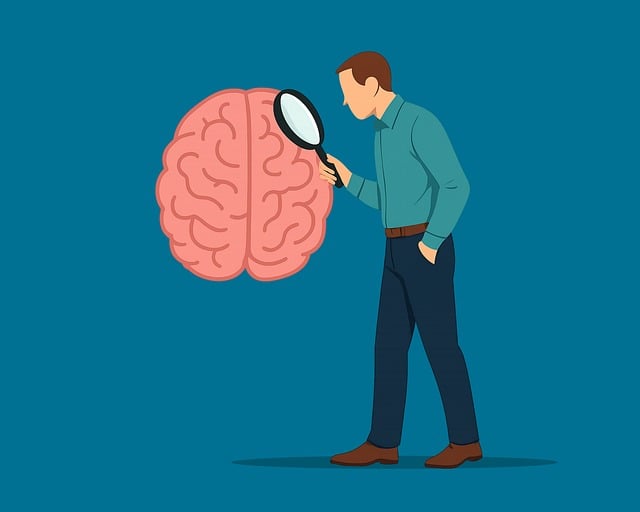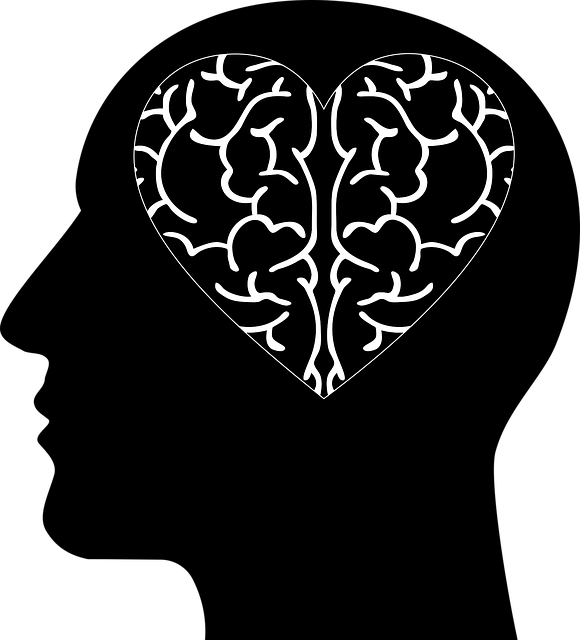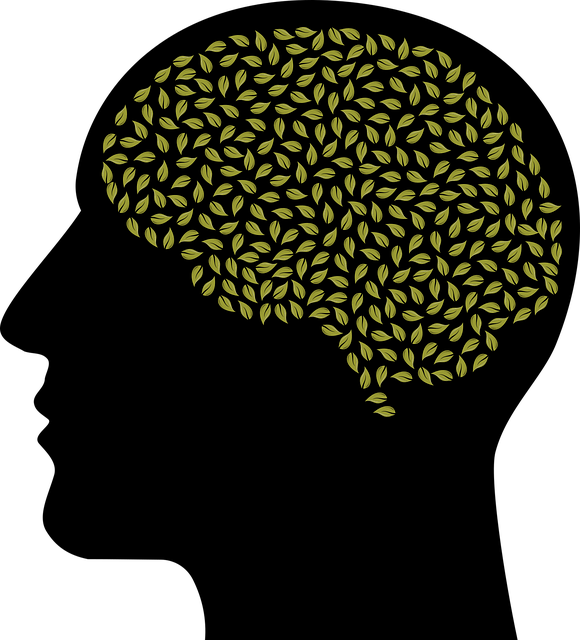Mental health is a complex spectrum requiring stigma reduction and early recognition, especially in stressful societies. A comprehensive education program for men, like those offered by Parker Mens Issues Therapy, should address unique challenges through gender-sensitive, culturally-aware training for therapists. The curriculum should cover stress management, emotional intelligence, crisis intervention, and anxiety relief with interactive sessions and peer discussions. Evidence-based therapies such as CBT, DBT, and mindfulness are essential, along with burnout prevention strategies and depression prevention modules. Community collaboration and follow-up care ensure sustained support for improved mental well-being.
In Parker, addressing men’s mental health issues has become a pressing priority. This article explores the design of an educational program aimed at fostering comprehensive understanding and support for men struggling with their mental well-being. We delve into crucial aspects such as debunking stigma, identifying target audiences, structuring a robust curriculum, integrating evidence-based therapies, and implementing community engagement strategies to provide effective treatment and follow-up care tailored to Parker’s unique needs.
- Understanding Mental Health: Debunking Stigma and Misconceptions
- Identifying Target Audiences: Men's Specific Needs in Parker
- Program Structure: Creating a Comprehensive Curriculum
- Evidence-Based Therapies for Effective Treatment
- Implementing Support Systems: Community Engagement and Follow-Up Care
Understanding Mental Health: Debunking Stigma and Misconceptions

Understanding Mental health involves recognizing that it’s a complex spectrum encompassing various conditions affecting emotions, thinking, and behavior. It’s crucial to dispel common myths and reduce stigma associated with mental illness, often perpetuated by lack of knowledge. In today’s fast-paced world, where stress and pressure are prevalent, especially among healthcare providers themselves, as highlighted in Burnout Prevention Strategies for Healthcare Providers, recognizing early signs of mental health issues is essential. This requires an educational shift, encouraging open conversations about emotions and fostering environments that support mental well-being, akin to Social Skills Training.
By integrating Mental Health Policy Analysis and Advocacy into educational programs, we can create a more compassionate society. Understanding the societal impacts of mental illness helps in dismantling barriers to access and care. Debunking misconceptions is a pivotal step towards normalizing conversations about mental health, encouraging individuals to seek help without fear of judgment, similar to how Parker Mens Issues Therapy has been instrumental in promoting male mental health awareness.
Identifying Target Audiences: Men's Specific Needs in Parker

In designing a mental health education program tailored for Parker’s male population, it is imperative to recognize and address the unique needs and challenges that men often face in seeking therapy. Traditionally, there has been a gender gap in access to mental healthcare services, with many men facing cultural barriers and societal expectations that discourage them from expressing emotional vulnerability. Parker, as a community, may have specific issues rooted in local cultural dynamics and workplace pressures that contribute to elevated stress levels and mental health concerns among its male residents.
Understanding these nuances is crucial when crafting programs aimed at promoting mental wellness. Incorporating sessions on emotional healing processes sensitive to gender roles and cultural norms can foster trust and encourage open dialogue. Training therapists with cultural sensitivity in mental healthcare practice ensures that services are accessible, non-judgmental, and respectful of diverse backgrounds. By tailoring educational initiatives to address Parker men’s specific needs, we aim to revolutionize mental health support, making it inclusive and effectively responsive to the unique challenges faced by this demographic.
Program Structure: Creating a Comprehensive Curriculum

In designing a mental health education program, particularly one focusing on Parker Mens Issues Therapy, it’s crucial to create a comprehensive curriculum that addresses diverse aspects of mental well-being. The program structure should seamlessly integrate theoretical knowledge with practical tools and techniques. For instance, start with foundational modules covering stress management and emotional intelligence, followed by advanced topics such as crisis intervention guidance and anxiety relief strategies. This hierarchical approach ensures participants build a solid understanding before delving into more specialized areas.
Each module should be meticulously crafted to offer interactive sessions, case studies, and peer discussions, fostering an engaging learning environment. Topics like confidence boosting can be woven throughout the curriculum, empowering individuals to navigate social interactions with poise and self-assurance. By combining educational content with experiential learning, the program aims to equip participants with skills to confront mental health challenges head-on, mirroring the holistic approach of Parker Mens Issues Therapy.
Evidence-Based Therapies for Effective Treatment

In designing mental health education programs, particularly for men’s issues as addressed by Parker Mens Issues Therapy, it’s imperative to integrate evidence-based therapies that have proven effective in treatment. These include cognitive behavioral therapy (CBT), dialectical behavior therapy (DBT), and mindfulness-based interventions, which have shown significant success in managing depression, anxiety, and related conditions. By drawing on these evidence-backed approaches, educators can ensure that the programs deliver tangible results, empowering participants to lead healthier lives.
Complementing direct therapeutic methods, incorporating burnout prevention strategies for healthcare providers, conflict resolution techniques, and depression prevention modules within the education program enhances its holistic nature. These additional components equip both participants and facilitators with essential tools to navigate challenges effectively, fostering a supportive environment that promotes mental well-being.
Implementing Support Systems: Community Engagement and Follow-Up Care

Implementing support systems is a pivotal aspect of mental health education and program design. Community engagement plays a crucial role in fostering an environment where individuals can openly discuss their struggles and access appropriate resources. By involving local community leaders, healthcare providers, and peer support groups, we create a safety net that extends beyond traditional therapy settings. This collaborative approach ensures that participants feel supported not just within the program, but also in their daily lives, encouraging sustainable mental well-being.
Follow-up care is another essential component, especially for at-risk individuals. Regular check-ins and continued support post-program can prevent relapse and promote positive self-care practices. Inspired by initiatives like Parker Mens Issues Therapy, programs should incorporate risk management planning for mental health professionals, ensuring they are equipped to handle emerging challenges. Through ongoing engagement and tailored care, we empower individuals to navigate their mental health journeys effectively.
Mental health education programs, tailored to address specific communities’ needs, like those related to men’s issues in Parker, can significantly improve overall well-being. By combining evidence-based therapies with robust support systems, we can effectively challenge stigma and provide effective treatment. Implementing these programs requires a comprehensive curriculum that educates, engages, and supports individuals throughout their journey. With the right approach, Parker can become a leader in mental health care for men, ensuring better access to resources and improved outcomes.














